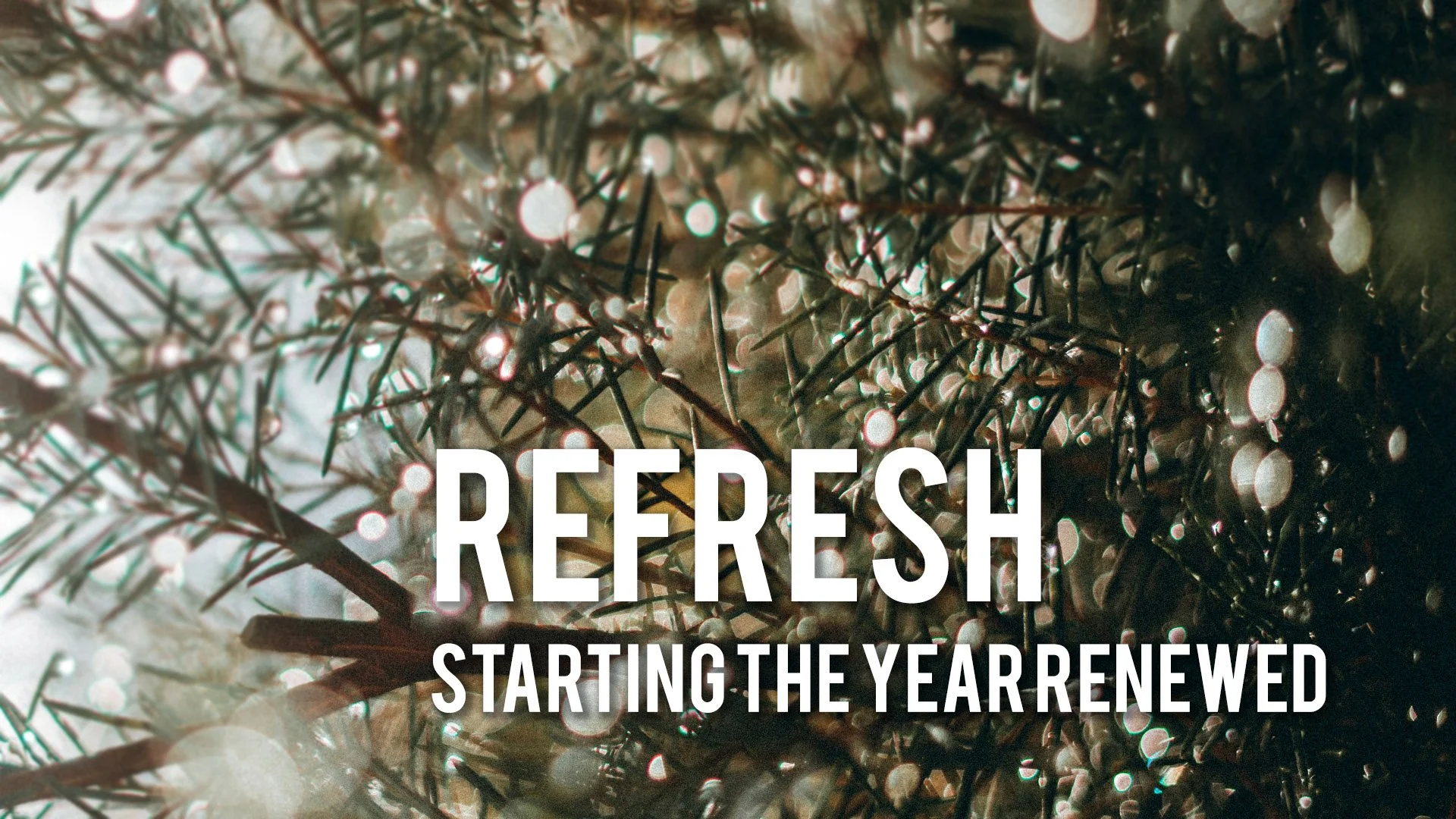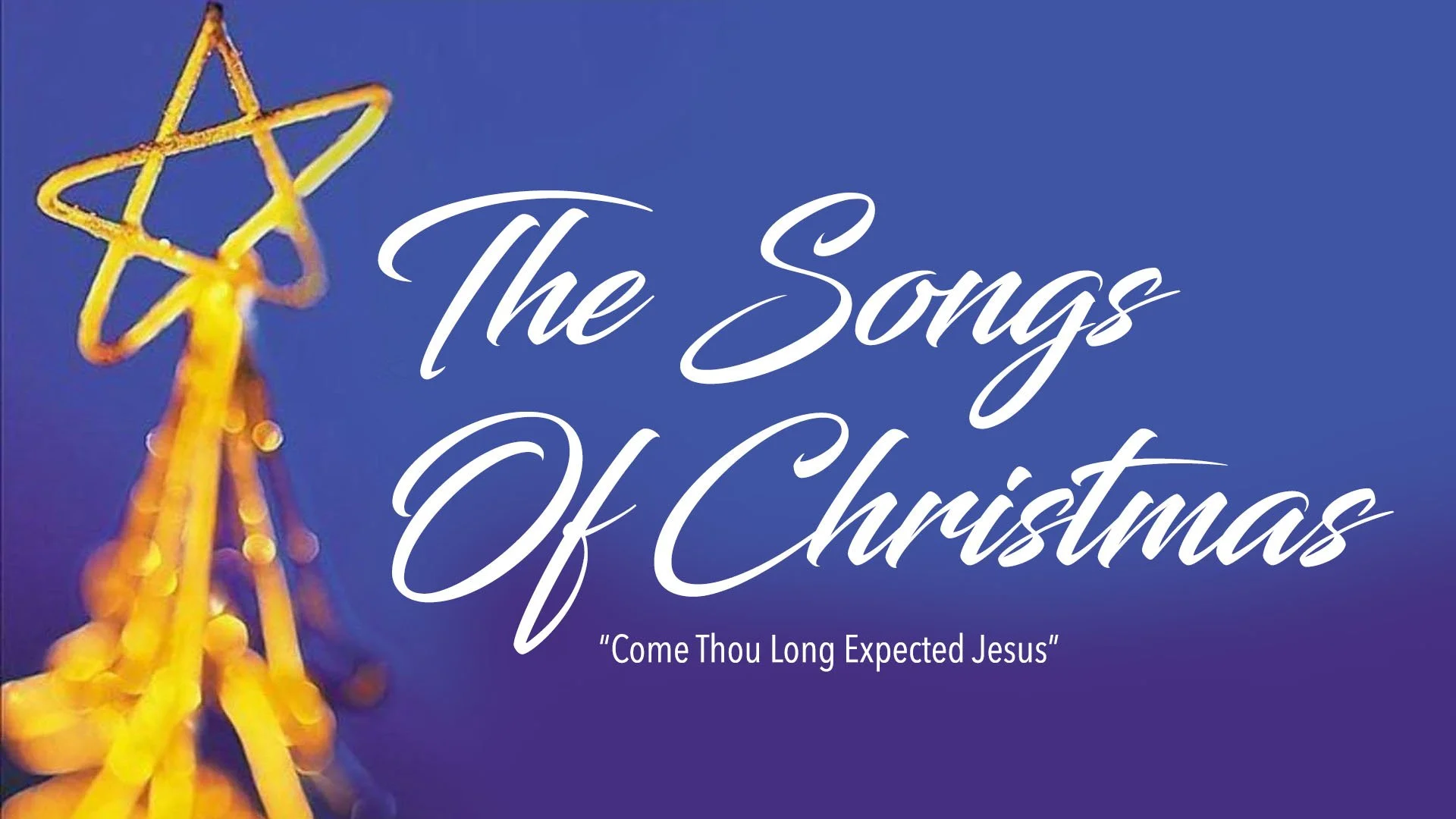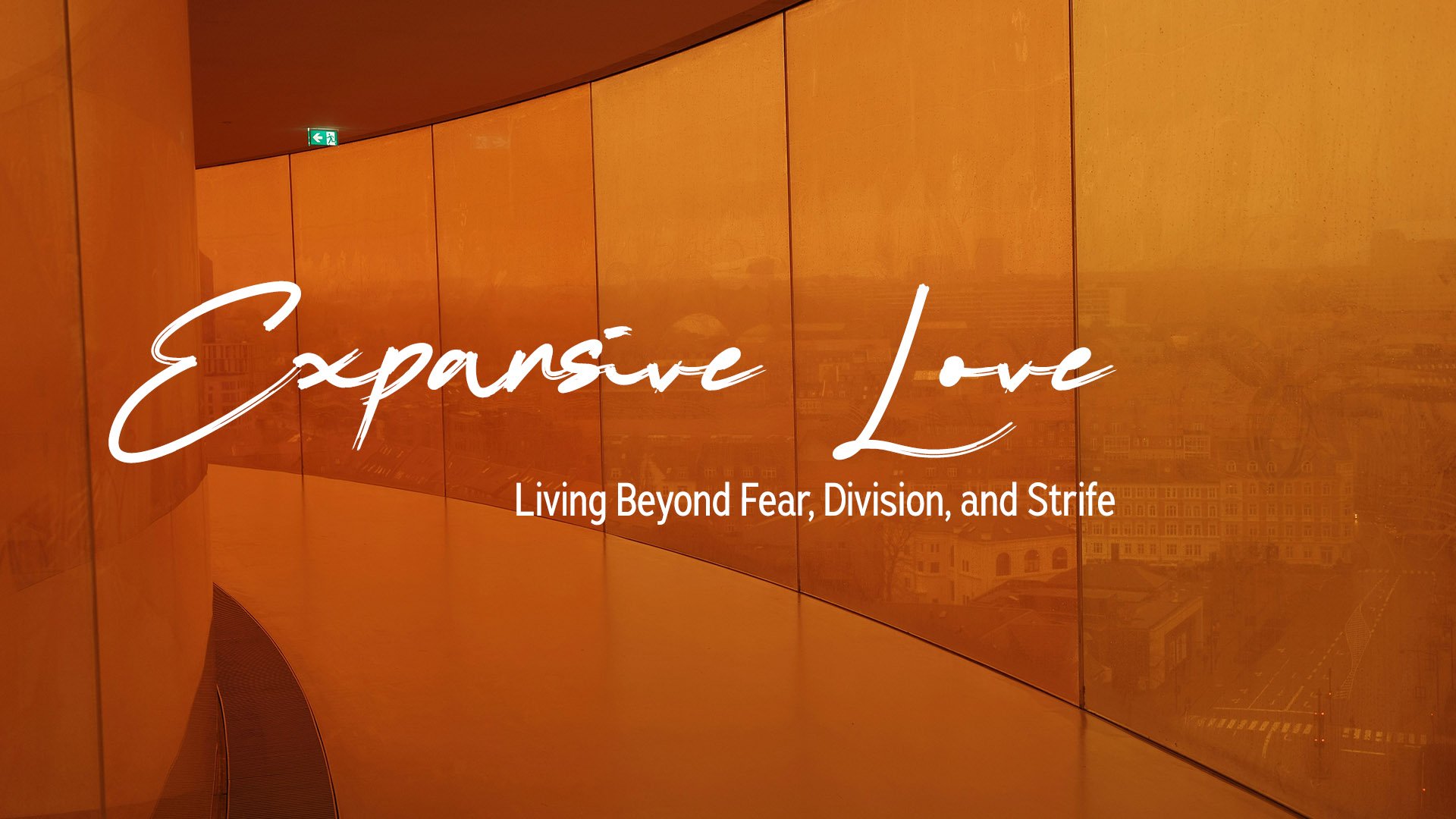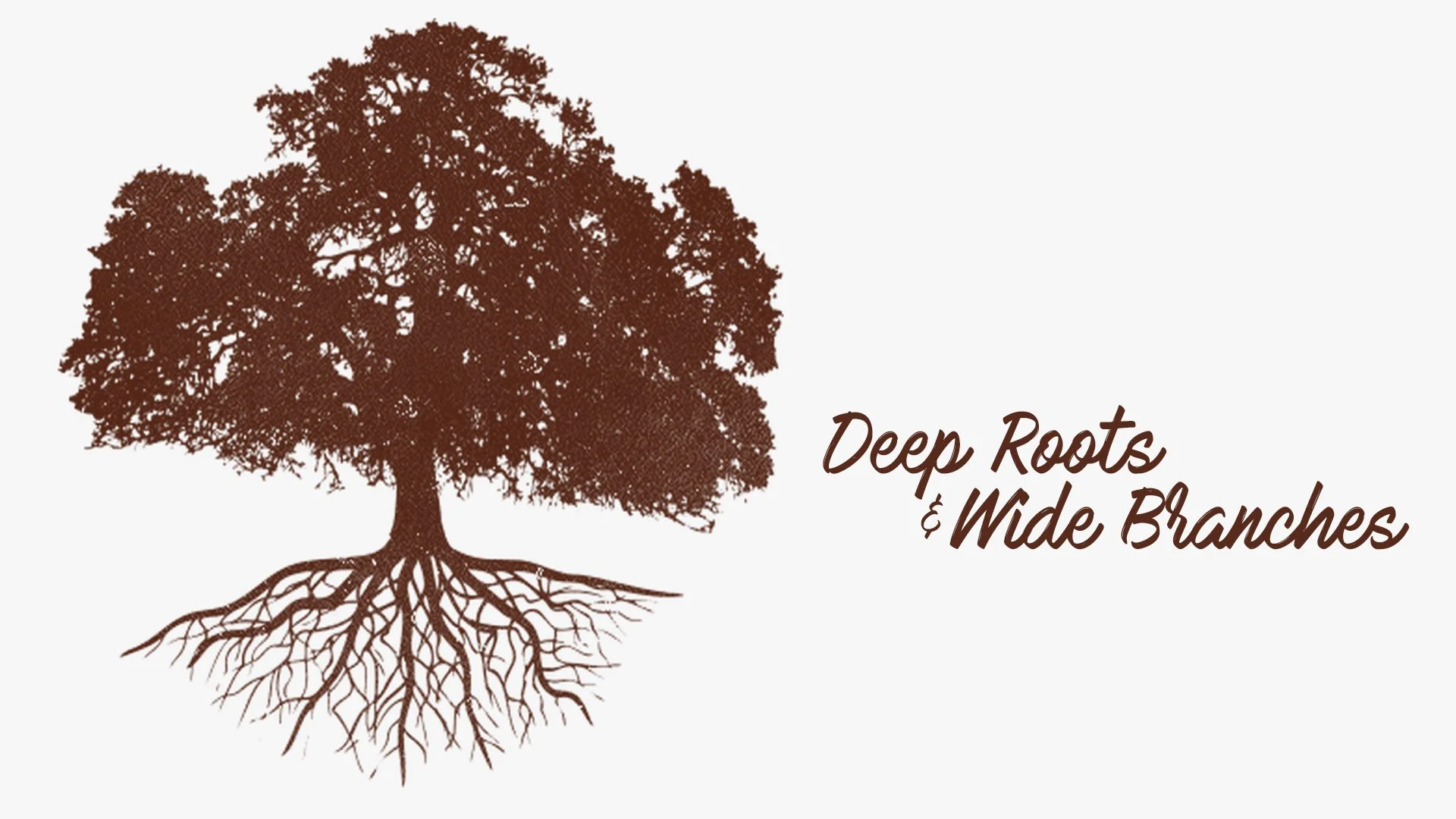Refresh Your Next Step
Our lives are filled with choices, big and small, and each step we take shapes who we are becoming. Beginning a new year reminds us not just of milestones but of the shared journey we are all on, navigating uncertainty and change. In those moments when the path ahead feels overwhelming, we can refresh our focus by asking a simple question: what is the next right thing in love? Jesus modeled this wisdom in Scripture, guiding people to take small, loving steps forward rather than trying to leap ahead.
Doing the next right thing means loving God, our neighbors, and ourselves through acts of justice, kindness, and care. It’s less about grand plans and more about showing up with courage and grace for the moment we’re in. Whether it’s a meal, a phone call, or a hard decision, each step reveals more about who we are, what we value, and how we contribute to the flourishing of others. Together, we can trust that God walks with us, delighting in our steps, catching us when we stumble, and shaping our journey for good. So, we keep going—one faithful, loving choice at a time—knowing that even small steps lead to great transformation. Let’s continue this journey together, refreshed and guided by love.
Refresh Your Yes
In this sermon, we reflect on Jesus’ words: “Let your yes be yes and your no be no,” and explore how to refresh the power of two life-shaping words: Yes and No. Every decision we make sets a direction, and we are invited to refresh our “yes” to align with God’s sacred purpose for our lives, letting our “yes” reflect what truly matters—the unique roles and responsibilities entrusted to us. Refreshing our yes often requires saying no, not as rejection but as a necessary protection for what is most important. By paying attention to where we are and who we’re called to love and serve, we can refresh our direction and take steps toward a life centered in God’s love, justice, and peace. This sacred refreshment of our yes calls for clarity, courage, and faith as we journey through challenges toward the green pastures and still waters God promises. Together, may we refresh our steps and find peace in letting our yes be our best yes.
Refresh Our Vision
As we seek to "Refresh Our Vision," we are called as a community to renew our focus on the sacred work of justice, love, and unity inspired by leaders like Dr. Martin Luther King Jr. We acknowledge the struggles of our time, marked by fear, division, and oppression, but lift up God's higher vision of a beloved community rooted in dignity, equality, and love for all people. Refreshing this vision requires courage, compassion, and creativity to resist hate and work toward justice. We are called to align our efforts with the ethic of love and the transformative power of faith. Practical steps, such as engaging in anti-racism work and choosing love in the face of hate, give us ways to embody this vision in daily life. The beginning of the year opportunity to remember our baptism invites us to renewed commitment to the sacred struggle, reminding us that God’s grace sustains and empowers the work of creating a more just and loving world as we “accept the freedom and power God gives us to resist evil injustice and oppression in whatever forms they present themselves.
Refresh Yourself
Jesus invites us to embrace refreshment—a renewal of our souls as we step into the new year. We reflect on the challenges we’ve faced, the strength we’ve discovered, and the hope that sustains us, choosing to celebrate this moment with tenacious joy and gratitude. Jesus’ invitation: “come to me, all you who are weary” reminds us to seek rest and restoration not as a luxury but as a sacred necessity, reconnecting with the divine rhythm of life. Refreshment begins with simple practices: rest that honors our body and soul and actions that fit who we authentically are.
We are called to slow down, to savor life rather than rush through it, trusting that God’s way is not a burden but a gentle, well-fitting invitation tailored to our unique selves. By finding one practice—a prayer, a song, or an act of kindness—that refreshes us, we align with the divine love that sustains and empowers us. Together, with refreshed souls, we can love and serve in ways that refresh the world, carrying forward the light of grace, connection, and hope into all we do.
Refresh Our Journey
The story of the Magi (Matthew 2:1-12) invites us to refresh our calling by embarking on a journey that challenges our assumptions, transforms our lives, and calls us to resist the paths of empire. Epiphany reminds us that God's revelation in Jesus is for all people, drawing us to follow the light of love, peace, and justice. The Magi’s willingness to leave their comfort zones inspires us to seek God in unexpected places with courage and curiosity. Their defiance of Herod by “going back by a different way” shows the power of encountering Christ to shift our allegiance from systems of oppression to the way of peace. After encountering God's love in Jesus, we too are called to take a new path, living with compassion and standing up for what is right. May we follow the Magi’s example, refreshing our calling to be bearers of God’s love and justice in our world.
The Songs Of Christmas: Winter Snow
Scripture: 1 Peter 4:8
Theme: Grace in the Quiet Moments
The first Christmas was not about grandeur but about God’s quiet, powerful love, which often works in unseen ways. Like a gentle winter snow, God’s presence covers all things in peace, hope, and grace. This week, we focus on recognizing the quiet ways God’s love appears in our lives, blanketing our rough edges with patience and gentleness.
O Little Town of Bethlehem — "All the Hopes and Fears"
In Bethlehem’s humble setting, God meets us in the messiness of real life. Jesus, the embodiment of love, comes into our hopes and fears, bringing light and companionship amid life’s uncertainties. As we journey through this week, we’ll see how God enters our lives as they are, with solidarity and grace.
Come Thou Long Expected Jesus
Christmas stirs deep expectations, mirroring the ancient hope for a Messiah fulfilled in Jesus. The arrival of Jesus subverted earthly power through unexpected love and humility, bringing justice, joy, and peace. This week, we explore how Christ's birth meets our longings for healing and change in a world still longing for peace.
Christmas stirs deep expectations, mirroring the ancient hope for a Messiah fulfilled in Jesus. The arrival of Jesus subverted earthly power through unexpected love and humility, bringing justice, joy, and peace. This week, we explore how Christ's birth meets our longings for healing and change in a world still longing for peace.
Bearing Witness in Hard Times
Thanksgiving can be a hard time around the table. This sermon reflects on the challenges of relationships during the holiday season, drawing from
Jesus' teachings to emphasize the importance of reconciliation, love, and peace. It encourages us to focus on nurturing healthy, authentic connections rather than striving to be "right," and to approach difficult conversations with kindness, clear boundaries, and a belief that small steps toward peace matter. Peacemaking is portrayed as an active, ongoing journey, with the hope that, through God’s guidance, we can make meaningful progress in our relationships.
Ambassadors of Reconciliation
Bridges are essential for connection, both in our world and in our relationships. Just like a physical bridge that links two sides of a town, relational bridges link us across divides. Right now, many of our bridges are broken—whether it’s in society or our personal lives—and that creates distance and disconnection.
Jesus challenges us to build these bridges, even when it’s uncomfortable. His love invites us to move beyond isolation, reaching out to others with compassion and hope. In loving our neighbors, we don’t stay in our comfort zones but instead, we follow Jesus’ example of stepping into hard places, offering peace and reconciliation where there’s hostility.
Paul’s transformation—from a persecutor to a follower of Christ—is a powerful story of how love builds bridges. After being welcomed by the Christian community, Paul embraced a new perspective, seeing all people as children of God, worthy of reconciliation. This "ministry of reconciliation" isn’t about pretending everything is fine, but about exchanging division for connection, hostility for peace.
Reconciliation is a process—it’s not about ignoring wrongs but addressing them honestly, repairing what’s broken, and working toward peace. Sometimes, though, love requires boundaries, and not every relationship should be restored. Love never asks us to return to harm.
The heart of reconciliation is finding those sacred places of connection where bridges can be built. Even small steps, like sharing a conversation with a neighbor, can lead to surprising transformations. God’s love travels across even the smallest bridges we build.
All Saints Sunday
We are all shaped by the lives of others—those who pour their wisdom, love, and faith into us. These people are our saints, not because they were perfect, but because they were used by God to nurture and guide us, leaving a lasting impact.
In the Bible, the word "saint" comes from hagias, which means "set apart" or "used by God." It’s a word for those whose lives continue to reverberate in us, like the faith of Timothy’s grandmother and mother, which Paul recognized as alive within him. This faith, love, and wisdom passed down through generations builds the foundation on which we stand.
We remember and honor our saints, those who have gone before us, especially on All Saints Day. Like a tapestry, their lives are woven with ours, binding us together in a deep, spiritual connection. Their influence is alive in us, and in many ways, they are still present, even as they rest in God's love.
But saints are not just figures in stained glass windows; they are everyday
people who have loved, supported, and shaped us. They show us how to live, how to give of ourselves, and how to pass on the good that has been given to us. We honor them not only with gratitude but with responsibility —to live in such a way that we carry forward their legacy of love and faith.
Worry Not: Fear, Anxiety & Hope
In this message, we learn how Jesus calls us to shift our focus from the narrow concerns of everyday life and anxiety to the broader horizon of God’s kingdom, which is rooted in justice, peace, and joy. Using the imagery of the lilies, Jesus teaches us to trust in God’s abundant love, freeing us from the constant grip of worry. When we seek God first, life opens up in unexpected and life-giving ways.
Jesus uses the analogy of the lilies to remind us that life’s beauty comes not from toiling anxiously but from trusting God’s care, just as flowers grow without worry. We are called to open our hands and hearts to life beyond our narrow concerns, finding freedom in God’s love and purpose. Big idea: When we seek God first, life opens up in surprising, abundant ways, and God’s expansive love transforms our circumstances, freeing us from the grip of worry.
Experience & Our Theological Task
What about our own experience? We all have wisdom of our own and our own "theology" — that is, thoughts about God. That wisdom is valid. And our own experiences can help us test whether something works (is life-giving) or whether we should think again.
In fact, the Methodist tradition says that this is *our theological task* — our part to play is to bring our own perspective to help contribute to the faith life of the community, participating in a process that is critical and constructive, individual and communal, contextual and incarnational and ultimately practical.
Deep Roots, Wide Branches — Tradition & Reason
What about other things we might learn? As the early followers of Jesus taught: "All truth is God's truth". That means that if something is true, then it is true — and our assumptions must adapt. This may seem simple, but it has been a place of wrestling throughout history. Partly because we are always learning more. We need to listen to science and social science and the best of human knowledge. We need to learn from the rich community of thinkers throughout history. And we need to hold our assumptions with open hands, ready to learn and unlearn as we journey throughout our life. Richard Niebuhr's idea of "absolute relativism" has encouraged me to stay flexible even while we fix our eyes on love.















